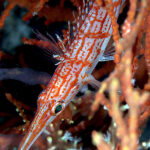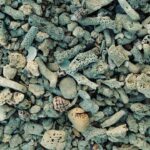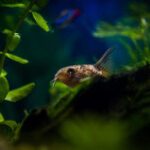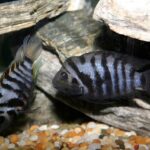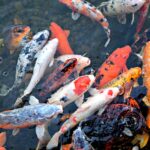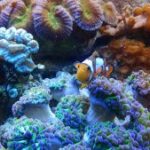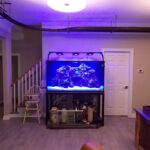
Ammonia ( H3) The presence of ammonia in aquarium water is the #1 killer of fish. The primary sources of ammonia are the decaying of organic material (primarily uneaten food) and excreted waste from the fishes’ gills. An ammonia level as low as .5 part per million (ppm) creates stress upon fish compromising the natural… Read more »

